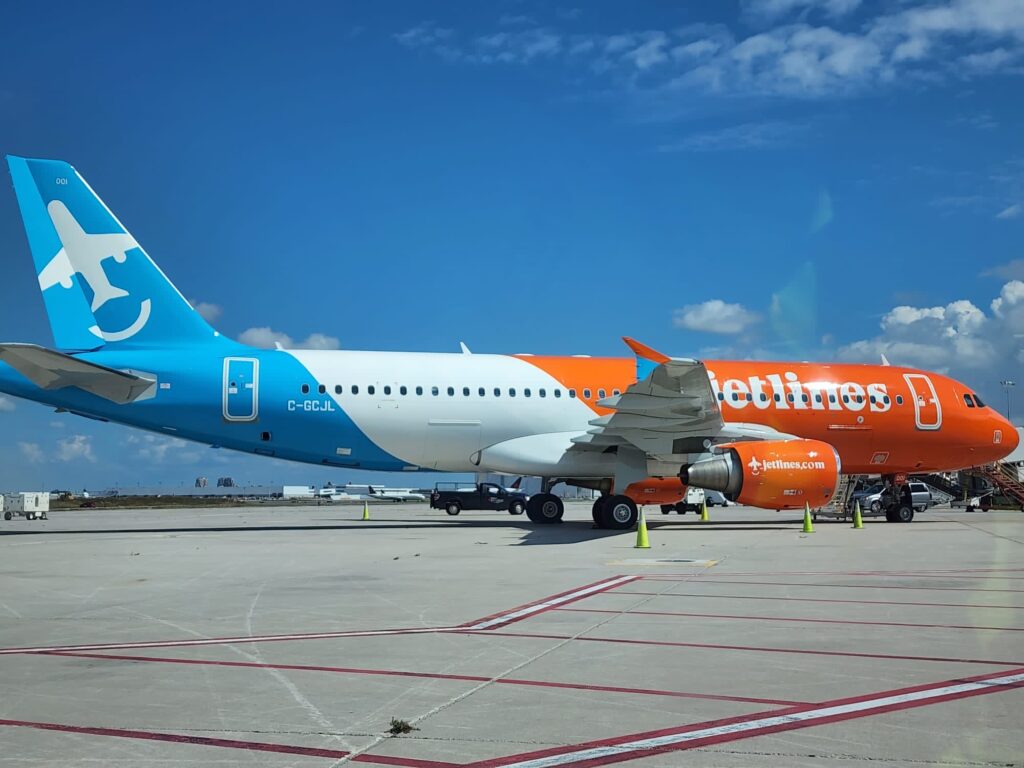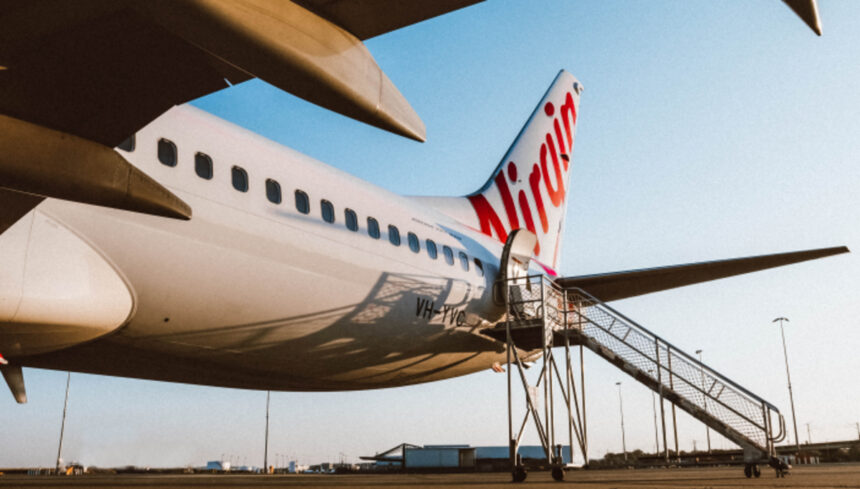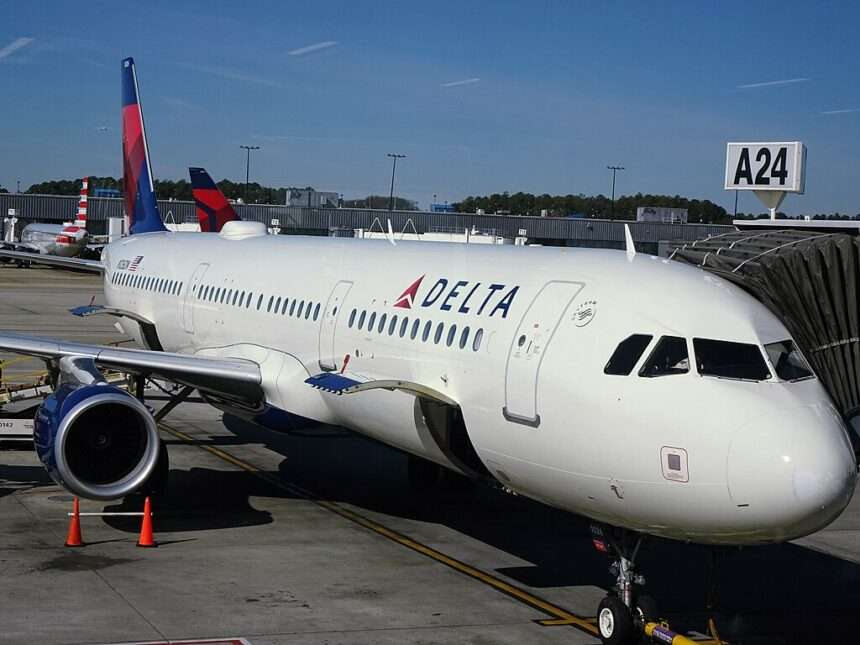Canada Jetlines, a leading Canadian leisure carrier, announced plans to expand its footprint in Morocco this summer.
The airline will deploy two additional Airbus A320 aircraft to the region under a wet lease/ACMI (Aircraft, Crew, Maintenance, and Insurance) agreement with Air Arabia Maroc.
A320 Deployment to Morocco
These aircraft will operate passenger flights between popular Western European destinations and Morocco for a three-month period, starting from mid-June and continuing through mid-September 2024.
“Our partnership with Air Arabia Maroc represents a significant step forward in our strategy to provide ACMI services to valued partners,” said Eddy Doyle, CEO of Canada Jetlines.
“This agreement allows us to not only maximize the utilization of our fleet during Europe’s peak summer season.”
“It also solidifies our position as a leading provider of customized air travel solutions,” he said. “This collaboration aligns perfectly with Canada Jetlines’ sustainable growth plan.”
Following the summer deployment, the A320s are expected to return to service in key North American markets for the fall and winter leisure travel season.
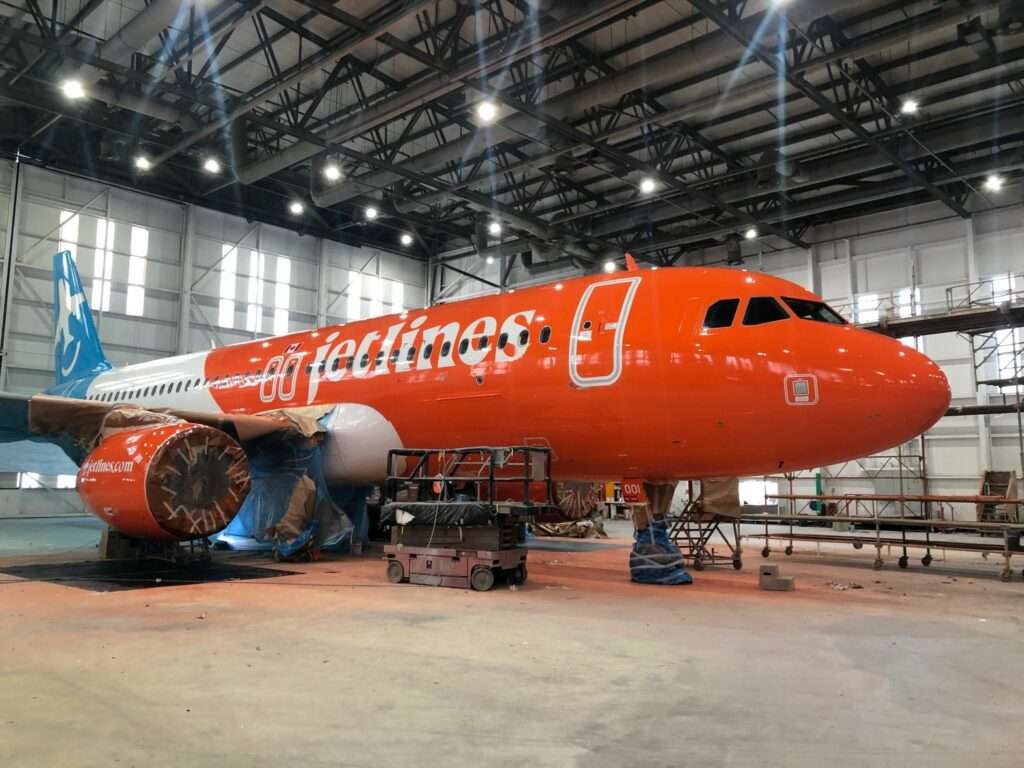
Key benefits of the ACMI lease agreement for Canada Jetlines
- Increased aircraft utilization during the European summer season
- Strengthened position as a premier provider of ACMI services
- Continued support for Canada Jetlines’ sustainable growth strategy
The Canadian Aviation landscape
Canada Jetlines, was originally conceived as an ultra-low cost leisure carrier (ULCC). As such, it targetted travellers with a selection of ‘sun destinations’ suited for relaxation and exploration.
As a key player in the leisure travel market, Canada Jetlines focuses on providing affordable and convenient air travel experiences.
The move to expand their footprint in Morocco through an ACMI lease agreement, continues the carrier’s diversification strategy.
The demise of Lynx Air, another budget carrier aiming to disrupt the Canadian aviation market, raised the old question about the sustainability of new entrants.
Launched in early 2022, Lynx Air ceased operations recently. It cited a challenging competitive landscape dominated by established players like Air Canada and Westjet.
Their struggle highlights the traditional difficulties faced by new airlines, particularly in a smaller market where established carriers can adjust pricing strategies to compete with budget options.
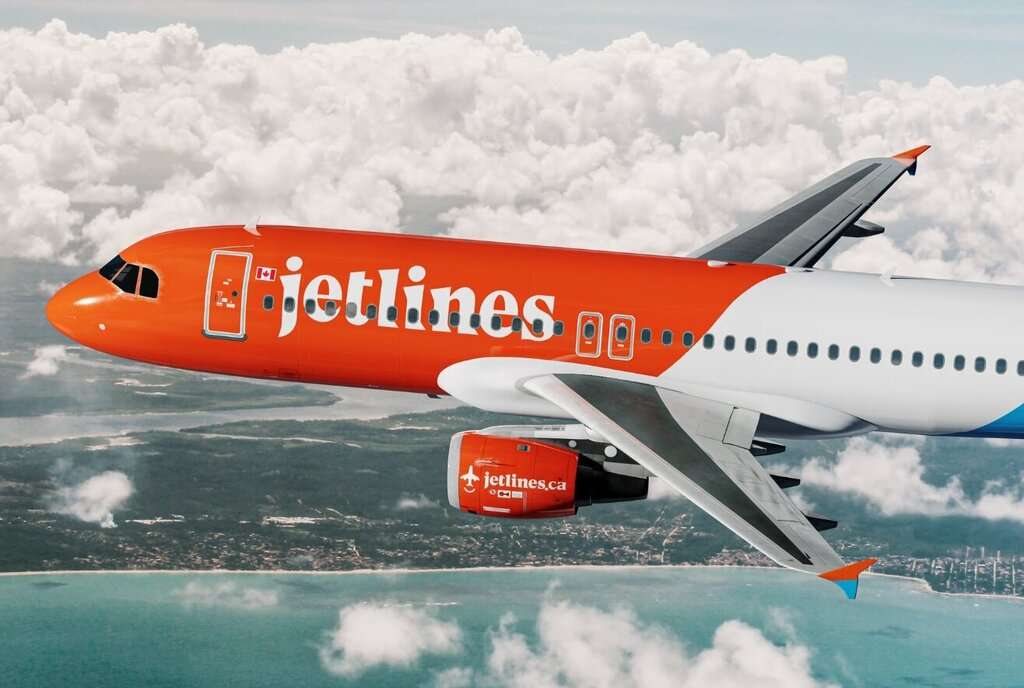
Other ultra-low cost, and low cost airlines have already struggled with the operational difficulties of the Canadian market.
Canada Jetlines’ pathway in the face of Lynx Air’s closure remains to be seen. Their continuing diversified focus on ACMI services alongside leisure travel offerings could very likely provide a strategic edge.
However, the long-term impact of Lynx Air’s demise on the Canadian aviation market is yet to be fully understood.
It serves as a reminder of the competitive nature of the relatively small regional industry. The challenges faced by new entrants seeking to establish themselves means close consideration of operating models.

Click the banner to subscribe to our weekly newsleter.

Click the photo to join our WhatsApp channel so then you can stay up to date with everything going on in the aviation industry!





